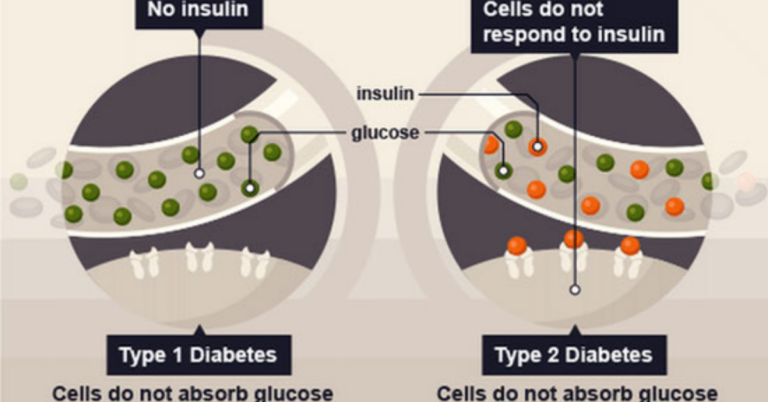The Benefits of Mindfulness-Based Interventions for Chronic Illness Management
In our fast-paced society, stress and anxiety have become prevalent issues that can significantly impact our overall well-being. Experiencing high levels of stress can lead to a range of harmful effects on both our mental and physical health, making it crucial to find effective ways to reduce and manage these negative emotions.
One effective method to combat stress and anxiety is practicing mindfulness meditation. By focusing on the present moment and being aware of our thoughts and feelings without judgment, mindfulness meditation can help to calm the mind, reduce stress levels, and improve overall mental clarity. Additionally, regular physical exercise has been shown to release endorphins, which are natural mood-boosting chemicals that can help alleviate stress and anxiety. By incorporating activities like yoga, running, or swimming into our daily routine, we can not only improve our physical health but also reduce the impact of stress on our mental well-being.
Improving Quality of Life
Increased stress and anxiety can have a profound impact on our quality of life. These negative emotions can make it difficult to fully enjoy each day and can lead to feelings of unease and discomfort. By actively working towards reducing stress and anxiety levels, individuals can experience an improvement in their overall well-being and happiness.
Finding healthy coping mechanisms and engaging in activities that promote relaxation and mindfulness can help in alleviating stress and anxiety. Simple practices such as deep breathing exercises, meditation, and spending time in nature can have a significant positive impact on one’s mental health. Taking time to focus on self-care and prioritizing activities that bring joy and peace can lead to a higher quality of life and a greater sense of fulfillment.
How can I reduce stress and anxiety levels in my daily life?
There are several techniques you can try to reduce stress and anxiety, such as practicing mindfulness and relaxation techniques, exercising regularly, getting enough sleep, and seeking support from friends and family or a mental health professional.
Why is it important to improve our quality of life?
Improving our quality of life can lead to greater overall happiness, satisfaction, and fulfillment. It can also have positive effects on our physical health and mental well-being.
What are some practical ways to improve my quality of life?
Some practical ways to improve your quality of life include setting realistic goals, prioritizing self-care, maintaining a healthy work-life balance, engaging in activities you enjoy, and cultivating positive relationships.
How can I measure the improvement in my quality of life?
You can measure the improvement in your quality of life by tracking changes in your overall mood, energy levels, productivity, satisfaction with relationships, and ability to cope with stress. Additionally, you can use quality of life assessment tools to help quantify improvements.







